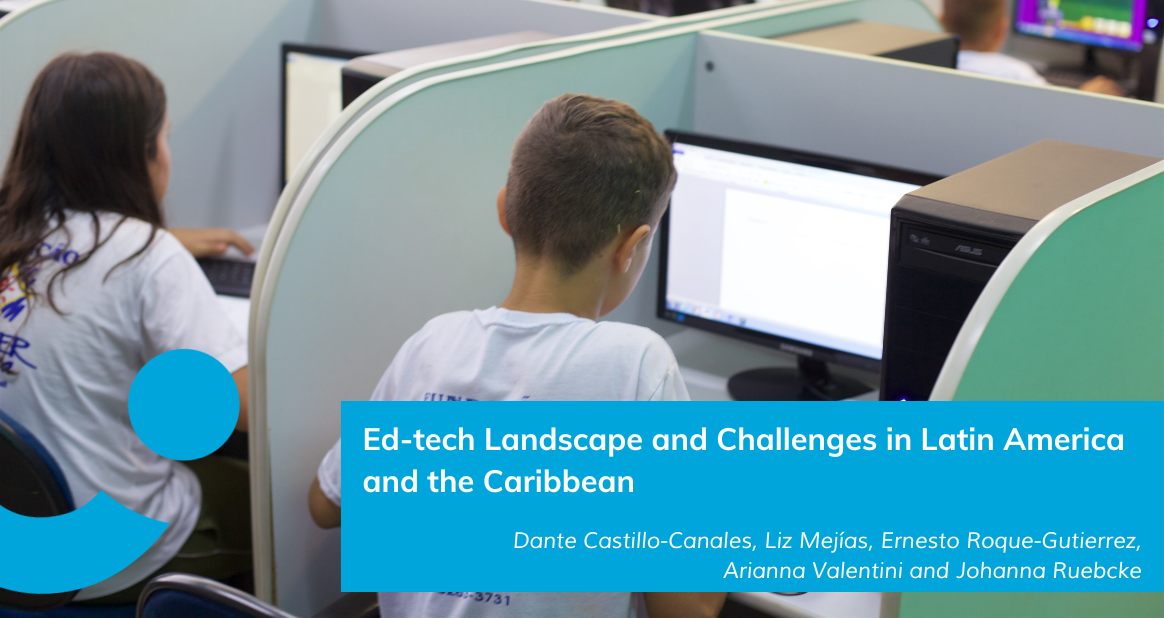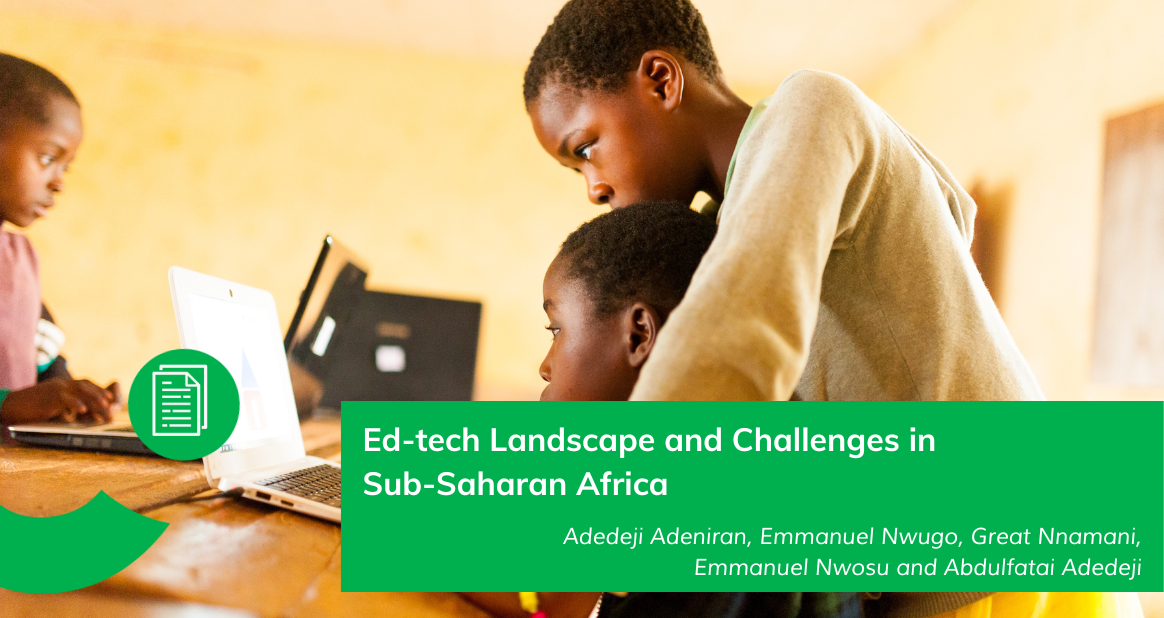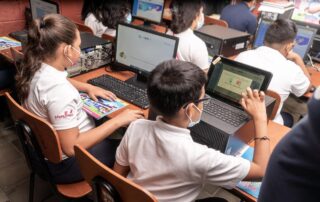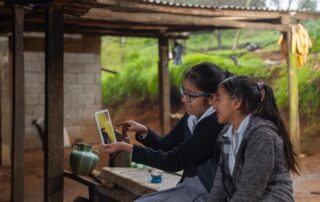Ed-tech: Global South Priorities for Equity and Inclusion
About the project
While technology is here to stay, it is still unclear how to realise the promises it holds for education in Global South countries. The question of how to improve results with educational technology (Ed-tech)—particularly learning—while reducing inequalities among student groups remains a critical policy challenge.
This project delves into the state of Ed-tech across low- and middle-income countries in Sub-Saharan Africa, Asia and the Middle East and North Africa, and Latin America and the Caribbean. Three regional studies discuss the state of Ed-tech in primary and secondary schools in each region, while the global report highlights knowledge gaps that ought to be addressed to promote equitable and inclusive learning in future Ed-tech initiatives. You can access the synthesis document of the entire project here.
ARTICLES
Education technology in the Global South: From Access to Impact
This article is an expert commentary on the report Ed-tech in the Global South: Research Gaps and Opportunities.
Education Technology Research Needed in Low-Income Countries
This article is an expert commentary on the report Ed-tech in the Global South: Research Gaps and Opportunities.
Critical Issues of Education Technology in and with Low- and Middle-income Countries
The report explores technology as one possible route to support education and inclusion.
The Conundrums of technology-enabled Learning: three Challenges to advance in Latin America
Reflections on three aspects that hold the region back from leveraging the potential of digital technologies in education.
Narrowing the Digital Divide in Tanzania to tackle educational Inequalities
In this digital transformation era, the government should digitalize the education sector by investing more in EdTech to scale up digital learning applications, especially in public primary schools.










